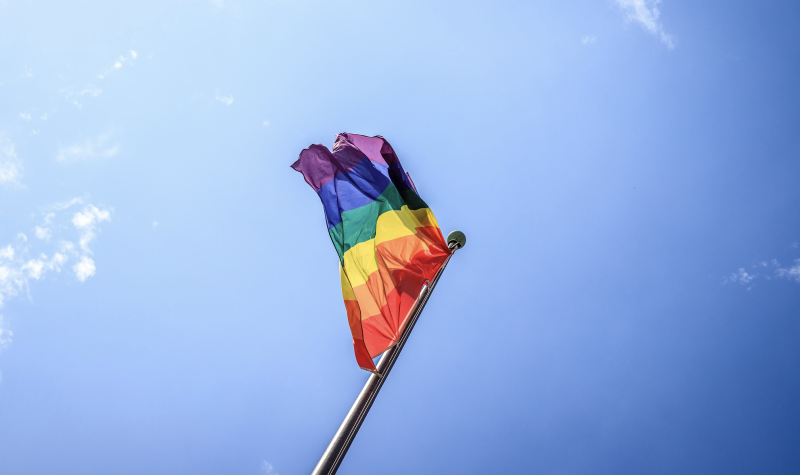Advocates are calling on Nova Scotia to update school policies to better protect 2SLBGTQIA+ youth.
In an open letter to Minister of Education and Early Childhood Development Becky Druhan on June 8, the Nova Scotia College of Social Workers (NSCSW) along with the Cape Breton Transgender Network (CBTN) and other community groups are asking the provincial government to ensure the safety of transgender and gender-nonconforming youth in schools.
The letter comes after concerns that the bans on conversion practices are not being followed, both directly and indirectly. The NSCSW says this is because updates are needed to the provincial Guidelines for Supporting Transgender and Gender-nonconforming Students, which hasn’t been updated since 2014.
Bill C-4 was introduced in 2021 to prohibit the continuum of sexual orientation and gender identity and expression change efforts (SOGIECE). The bill also bans any type of conversion therapy practices.
The recent open letter states that this includes "any practice or effort, explicit or implicit, that pressures a person to change their sexual orientation, gender identity, or gender expression to heterosexual and/or cisgender."
One example from the letter is that some schools have restricted access to gender-neutral bathrooms because staff are concerned students may use these spaces for activities like smoking. Closure of these washrooms can be harmful for transgender and gender non-conforming students, the NSCSW says.
“School is sometimes the only safe space for a child to be,” Naj Siritsky from the NSCSW says. “Being able to feel safe doing basic things like going to the bathroom can influence your desire to live.”
Children who don’t feel safe to be themselves and are discriminated against begin to self harm and have suicidal ideation, Siritsky adds.
Veronica Merryfield from the CBTN says that gender-neutral washrooms aren’t always an easy solution.
“Gender neutral washrooms are few and far between. The fact that [the washrooms] are often on the fringes of the school set up situations for bullying to happen,” Merryfield says.
Apart from the potential dangers of having gender neutral washrooms at the far ends of schools, it also means longer walks to class and time away from learning.
“But also because they tend to be on the edges of the school, they create difficulties for students in terms of the amount of time it takes,” Merryfield says.
The letter also outlines the need for 2SLBGTQIA+ youth voices to be heard when having these conversations.
“Protecting the well-being of 2SLGBTQIA+ kids,” is a discussion panel happening July 31, that will allow students to voice their concerns about how to address these safety concerns.
Listen to the story below:


